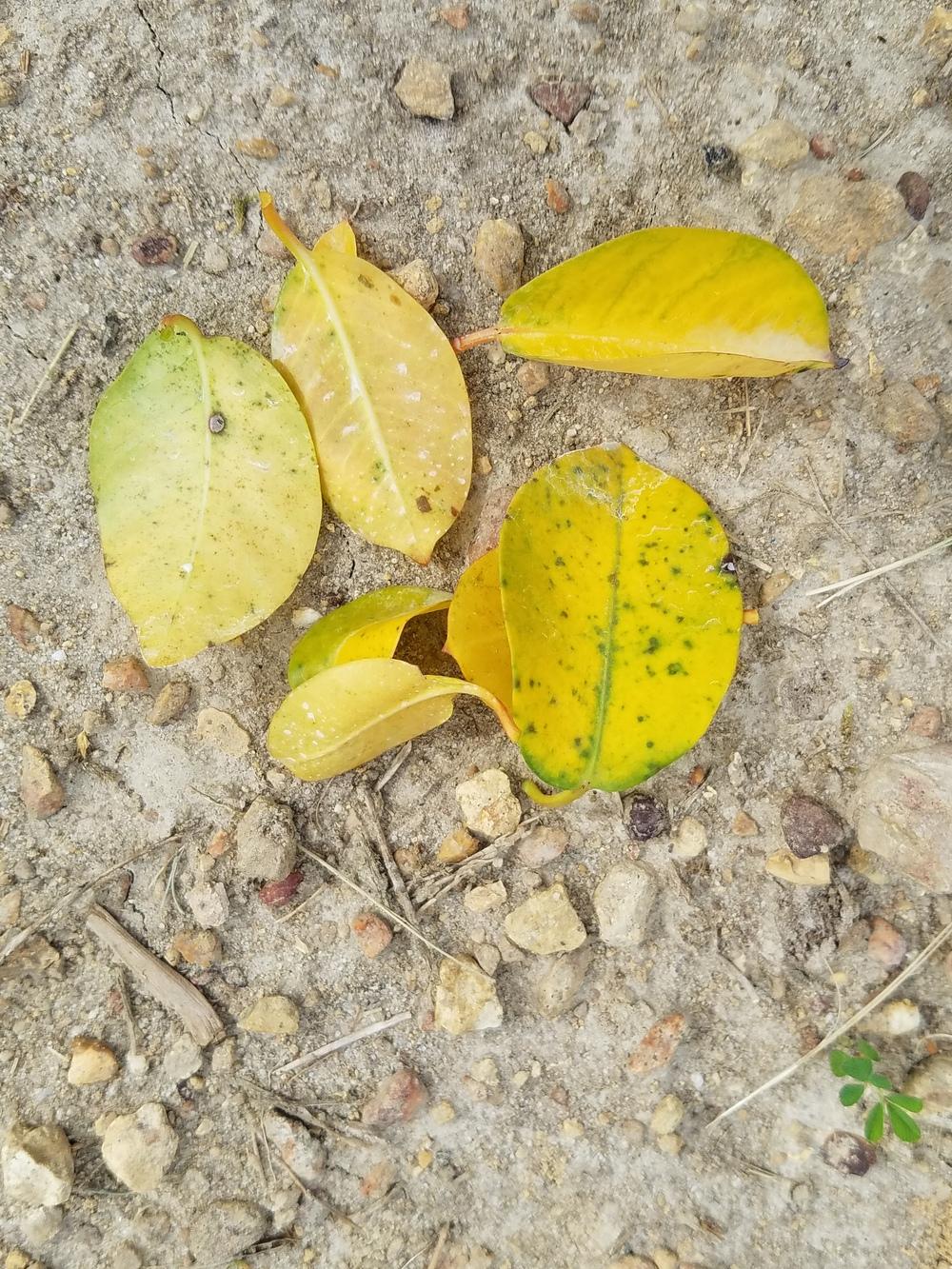What Is Perlite
Perlite specializes in aerating soil and helping it to drain quickly. That makes perlite beneficial for plants that are susceptible to rot diseases.
What Is Perlite Soil And Why Your Garden May Need It How To Dry Basil Soil Potting Soil
It occurs naturally and has the unusual property of greatly expanding when heated sufficiently.

What is perlite. Perlite is an ideal soil medium for pots patio plantings window boxes and ornamental containers. Perlite is a type of volcanic glass with very high water content. Perlite is a decent option in some instances as a hydroponic medium.
Expanded perlite is extremely lightweight and porous increasing the drainage capacity and allowing improved aeration in the root system when it is utilized. To start seeds use a mix of half perlite and half peat. Both types of glass are formed as molten lava slowly cools.
871 C whereupon it pops much like popcorn and expands to 13 times its former size resulting in an incredibly lightweight material. Perlite allows roots to grow easier. It can be used with rooting compounds.
The super heated perlite is comprised of tiny air compartments. Perlite is a naturally occurring mineral and it exists in nature as a type of volcanic glass. Perlite stimulates root growth and prevents drowning by helping drain excess water away from the cuttings.
When heated perlite can expand up to 20 times of its original volume Click To Tweet How it is made. Perlite is a product of a mined volcanic rock that is made from a type of volcanic glass. This is especially true in raised beds and container gardens but also in the ground as well.
Perlite is an amorphous volcanic glass that has a relatively high water content typically formed by the hydration of obsidian. It is beneficial to use in gardening as it will keep your soil well aerated and drained and its porous nature helps to store nutrients. A short video describing the mining and processing of Perlite ore for horticultural construction and industrial applications.
Mixing perlite into the soil in your outdoor garden beds or combining it with potting soil or another medium is the most common way to use perlite. Perlite is a type of form of amorphous volcanic glass that contains roughly 2 to 5 percent waterIts a lot like pumice but denser. Perlite is closely related to obsidian another volcanic rock and is formed deep in the Earth below active volcanoes.
But unlike other volcanic glasses if heated them above a point 800 0-900 0 C they expand up to 20 times of its original volume. Perlite is an amorphous volcanic glass that has a relatively high water content typically formed by the hydration of obsidian. Perlite prevents plant stress because it insulates the soil from temperature fluctuations.
Generally It is heated to 1600 degrees Fahrenheit where it expands and turns white. Perlite is naturally occurring siliceous amorphic volcanic rock. Propagation of plant cuttings.
A one-part mixture of peat moss loam and perlite is ideal for container growing allowing the pot to retain enough oxygen and water. There are two types of perlite. Crude perlite is a basic volcanic rock.
Perlite aerates any type of soil and helps roots get enough oxygen and nutrients. Perlite is used in soil mixtures to improve ventilation and alter the soil substructure to keep it loose resist compaction and well-drained. Adding perlite to your soil also increases humidity which some plants need to thrive.
Humans settled on fertile volcanic lands since the third century BC and we are aware of perlite and the role it plays in agriculture. It is an industrial mineral and a commercial product useful for its low density after processing. Perlite is a valuable product in gardening and commercial horticulture.
Perlite is a form of volcanic glass SiO2 that is mined all over the world. Perlite is a natural filtration system allowing excess water to easily drain away while retaining a little moisture and catching nutrients that plants need to grow. Perlite is equally useful in hydroponics and soil-less horticulture.
When water saturates volcanic obsidian glass over time perlite starts to form. In fact the end product weighs only 5 to 8 pounds per cubic foot 2 k. It occurs naturally and has the unusual property of greatly expanding when heated sufficiently.
Perlite also known as expanded pyrite is a form of amorphous volcanic glass it is naturally occurring and is very lightweight and porous when processed. Perlite is also an excellent option for rooting cuttings or growing cacti succulents and epiphytes. Under a microscope perlite is revealed as being covered with many tiny cells that absorb moisture on the exterior of the particle not inside which.
Perlite is a volcanic glass that is heated to 1600 degrees F.
What Is Perlite Pros And Cons Hydroponics Hydroponic Farming Growing Media
What Is Perlite Good For Uses Types And Comparing Growing Media Growing Media Potting Soil Soil Improvement
What Is Perlite How To Use With Plants In Your Garden In 2020 Growing Vegetables In Pots Gardening Trends Starting A Vegetable Garden
What Is Perlite Learn About Perlite Potting Soil Potting Soil Raised Garden Soil Garden Soil Preparation
What Is Perlite Here Are Some Best Perlite Uses For Your Garden Growing Veggies Garden Soil Horticulture


